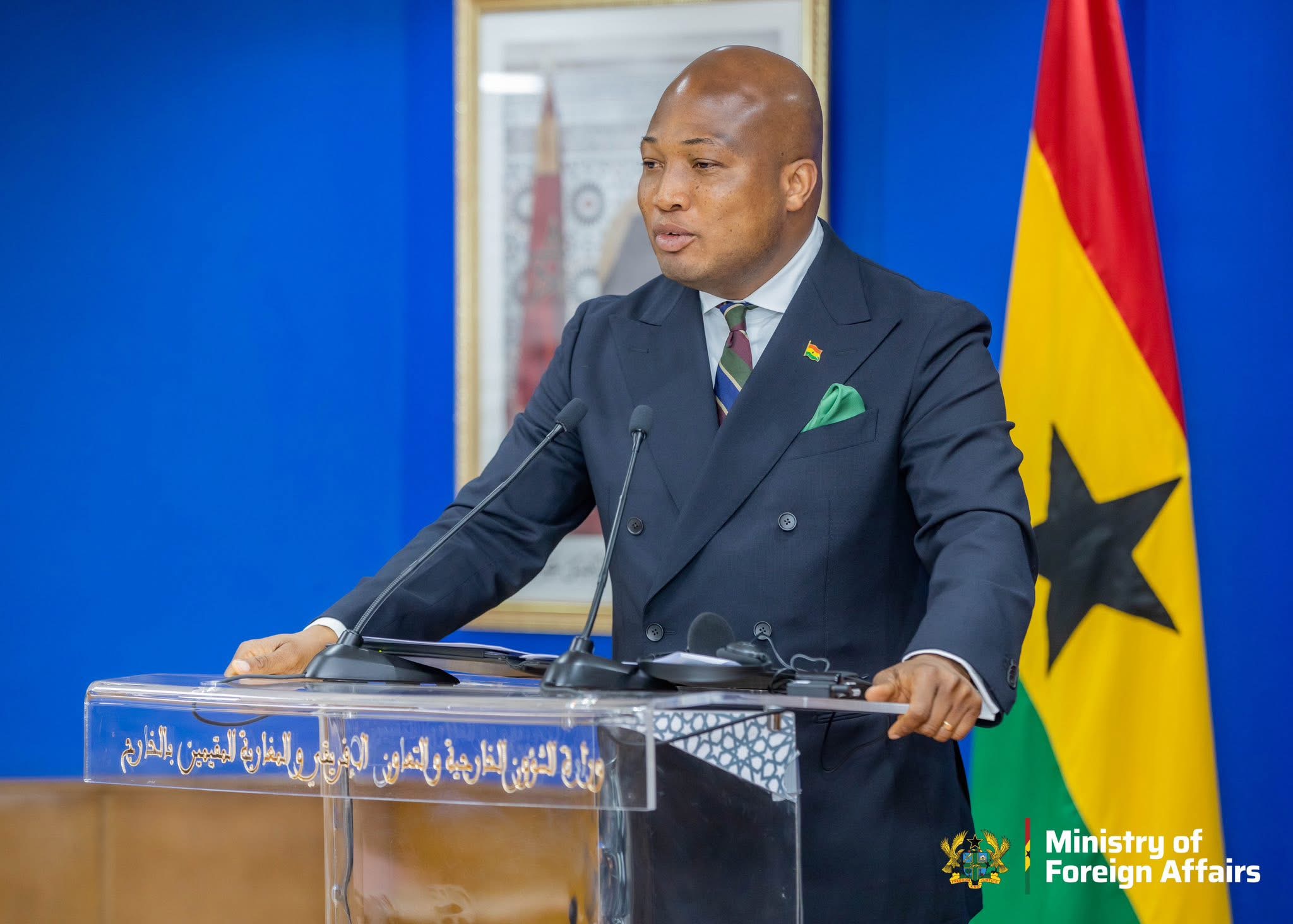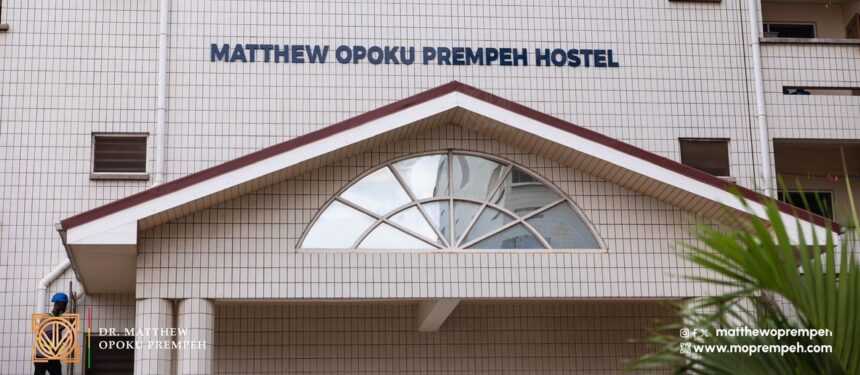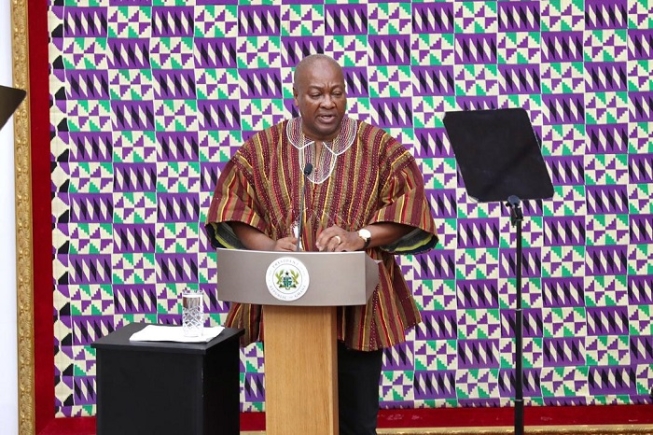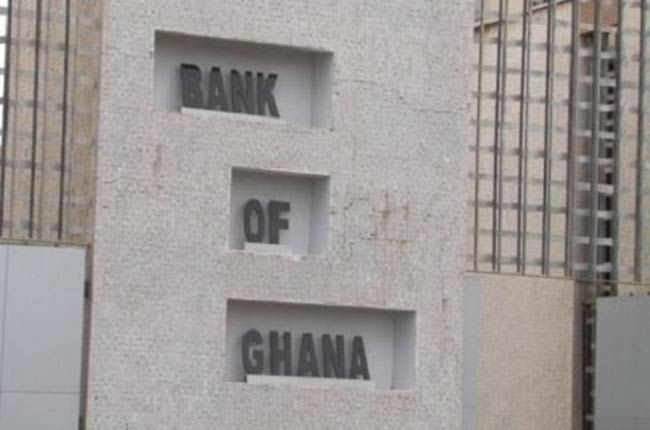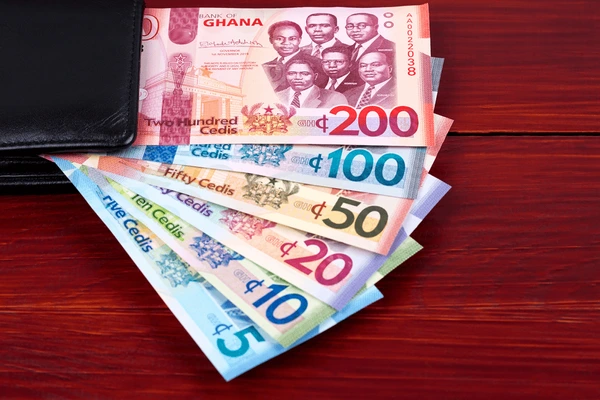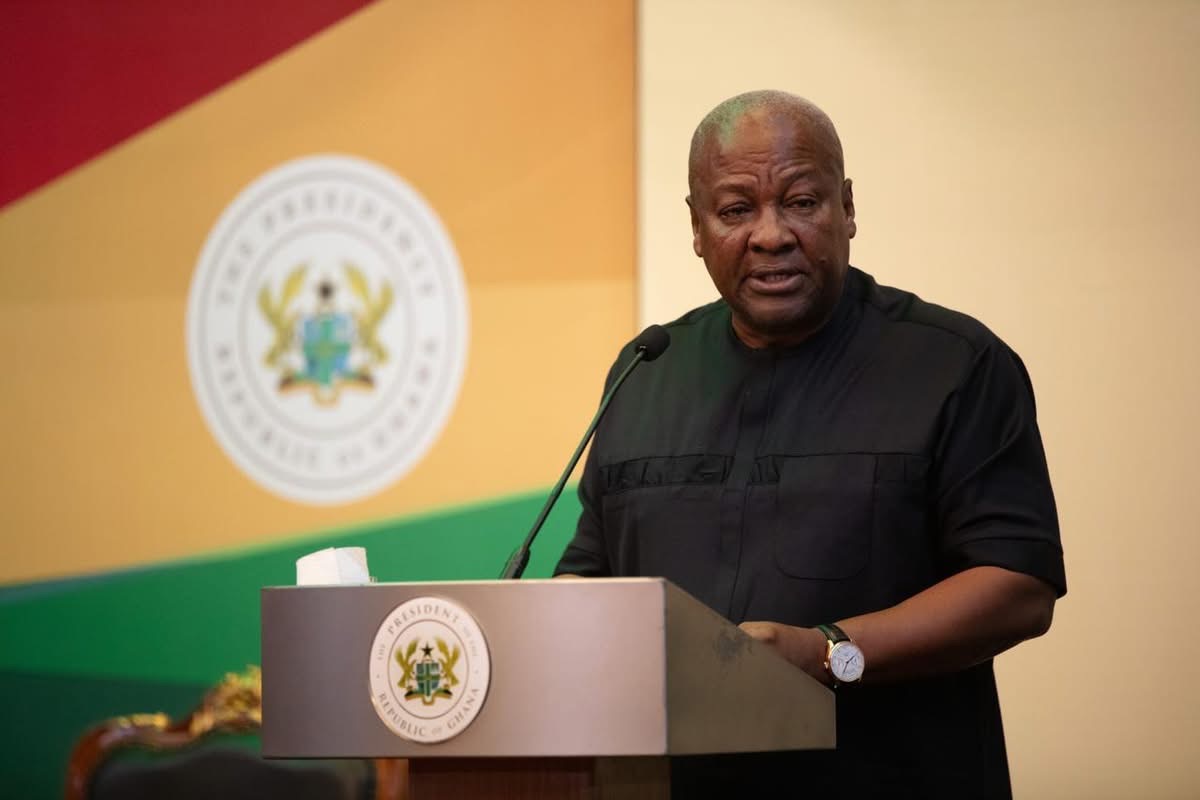Ghana could soon face visa sanctions from the United States following its addition to a U.S. State Department watchlist over concerns about a high rate of student visa overstays.
The revelation was made by Ghana’s Foreign Affairs Minister, Samuel Okudzeto Ablakwa, at a press conference in Accra on Thursday, June 26. According to Mr. Ablakwa, U.S. authorities have formally notified the Ghanaian government of the situation, warning that Ghana’s student visa overstay rate has reached an alarming 21%, far exceeding the U.S. government’s permissible threshold of 15%.
“This is no longer a leaked report,” Mr. Ablakwa said. “U.S. officials have now formally brought this to our attention.”
He further explained that this development is part of a broader policy expansion by the U.S. government, which is revisiting visa restrictions first introduced during the administration of former President Donald Trump.
“You will recall that in President Trump’s first term in 2017, he did carry out the first round of bans, which affected some 19 countries. This is the second attempt,” Mr. Ablakwa noted, adding that the latest report from The Washington Post came as a surprise and has sparked considerable anxiety.
The minister revealed that Ghanaian authorities have been actively engaging with U.S. officials in a bid to resolve the matter diplomatically. “We’ve had very productive meetings. Only this week, we continued with the engagements,” he stated.
Mr. Ablakwa said the United States has outlined 12 key criteria used to determine visa restrictions, which include national security concerns such as terrorism financing, harboring violent extremists, non-cooperation with deportation processes, and, most crucially in Ghana’s case, visa overstays.
“U.S. officials have communicated to us that the challenge we face really relates to overstays, particularly with students,” Mr. Ablakwa explained. He pointed out that both government-sponsored students and private students are implicated in this issue.
According to U.S. data presented to Ghana, 21% of Ghanaian students who travel to the U.S. for education fail to return after completing their studies. “They have told us that the allowance is below 15%. If you are doing above 15%, then you will be flagged for further action,” Mr. Ablakwa said.
While Ghana is not yet under sanctions, the inclusion on the watchlist signals a warning that, if the overstay rates are not addressed, restrictions could soon follow. The Foreign Affairs Ministry has assured that it is working urgently to engage stakeholders and put in place corrective measures to protect Ghana’s diplomatic standing and the opportunities available to Ghanaian students.


